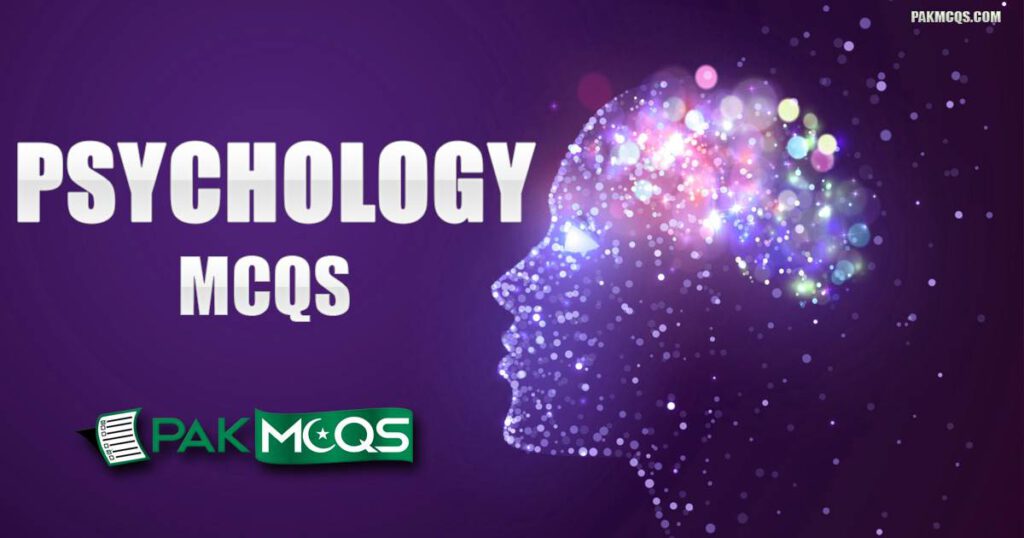A. Joan Didion
B. Mark Twain
C. Nikolai Gogol
D. Honore de Balzac
Psychology Mcqs
Psychology Mcqs for Preparation – These Multiple Choice Questions are important for Lecturer Psychology, Clinical psychologist, Counselling psychologist, Educational psychologist and Forensic psychologist Jobs tests. Psychology Mcqs questions are very important for all type of exams conducted by Fpsc, Nts, Kppsc, Ppsc, Spsc, Bpsc, Ots, Uts, Pts, Cts, Ats, etea and other testing agencies of Pakistan.
| PSYCHOLOGY MCQS | |||
|---|---|---|---|
| 1. Introduction to Psychology | 2. Emotions | ||
| 3. Therapy | 4. Memory | ||
| 5. Intelligence | 6. Infancy And Childhood | ||
| 7. Health Psychology | 8. Forensic Psychology | ||
| 9. Branches of Psychology | 10. Attitudes, Attributions And Social Cognition | ||
| 11. Adolescence And Adulthood | 12. Abnormal Psychology | ||
| 13. Social Psychology | 14. Sensation And Perception | ||
| 15. Research Methods | 16. Psychology Theories | ||
| 17. Psychological Disorders and their Treatment | 18. Personality | ||
| 19. Organizational Psychology | 20. Nervous System | ||
| 21. Motivation | 22. Methods and Approaches | ||
| 23. Methodology | 24. Major Thinkers in Psychology | ||
| 25. Learning | 26. Language And Thought | ||
| 27. Interpersonal Relations And Group Processes | 28. Industrial Psychology | ||
| 29. Educational Psychology | 30. Developmental Psychology | ||
| 31. Criminal Psychology | 32. Coordination | ||
| 33. Cognitive Psychology | 34. Biological Foundations of Behavior | ||
| 35. Miscellaneous Psychology | 36. | ||
A. Alcohol, aged cheeses, salami and chocolate
B. Carbonated drinks, egg, chicken and cake
C. Milk, coffee, white bread rolls and pudding
D. Green tea, cereal, beef and ice – cream
A. Take them seriously
B. Promise to keep their secret
C. Be willing to listen
D. Talk openly and directly
A. Listen without judging
B. Be aware of difficult times such as anniversaries or holidays
C. Talk about the person who has died
D. All of these
A. Epilepsy
B. Alzheimer’s disease
C. Parkinson’s disease
D. None of these
A. If they are in their own home
B. Once they appear happier
C. If you need to go to work or school
D. They shouldn’t be alone
A. Alzheimer’s disease
B. Drug abuse
C. Epilepsy
D. Parkinson’s disease
A. systematic desensitization
B. biomedical therapy
C. interpersonal psychotherapy
D. aversive conditioning
A. diseases influence psychological well – being
B. physical relaxation reduce anxiety
C. drugs affect mind and behavior
D. psychosurgery and ECT influence emotions
A. no one is really certain why it works
B. it acts as a form of aversion therapy
C. it alters neural circuits in the brain
D. it performs strong operant condition techniques


